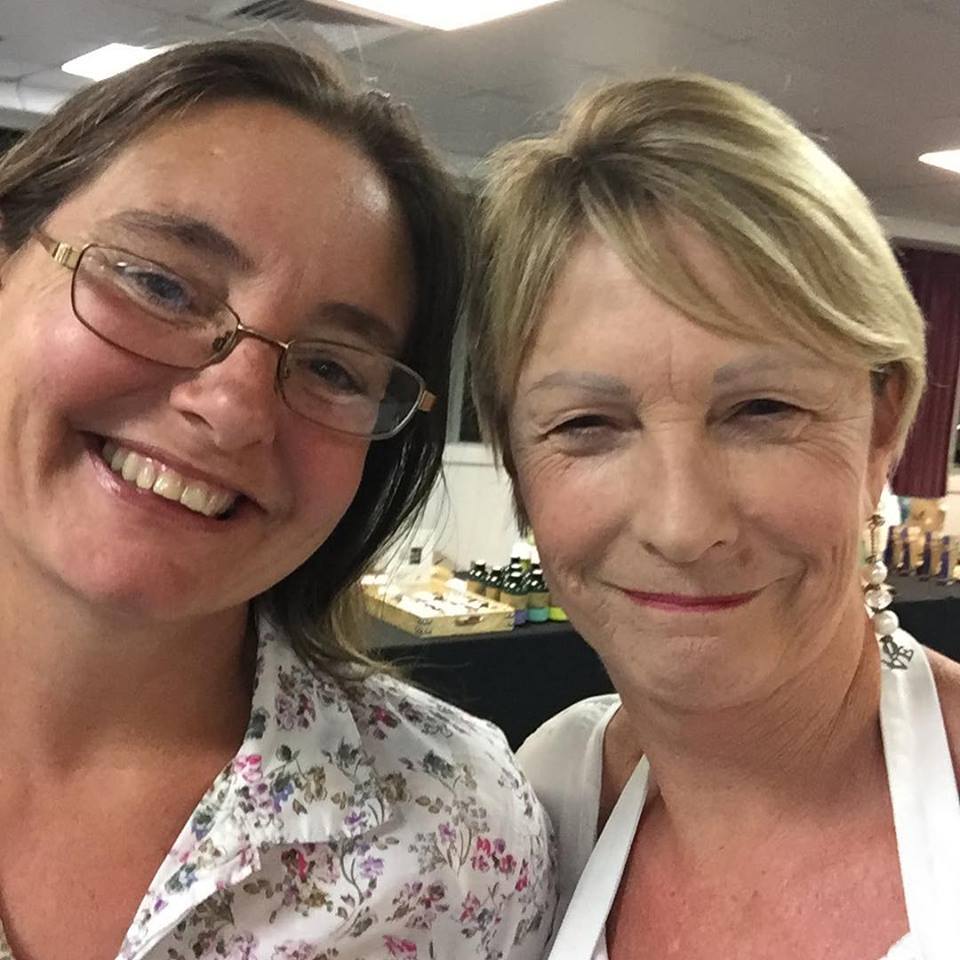 I was invited by Jocelyn from Grow Eat Heal to an event last night, where I got to speak about my passion – herbs, and not only how to use them for food and medicine, but importantly, how to grow them in such a way that you feel you’ve done yourself and your bit of natural world some good. Before I spoke, Verity from The Good Fizz told the crowd all about the importance of good ferments such as kombucha and kefir on the health of our guts, and after my bit on gardening, we heard the main speaker, Cyndi from Changing Habits and her mind-blowing presentation on the tragedy that is glyphosate and its prevalence in our food, medicines, and even water… and the science backed statistics and corroborated facts that were presented on how it affects us in negative ways. It was a really well researched (over many years!) and very knowledgeable talk – explaining how detrimental this is to our health and well being – not only physically, but also psychologically and emotionally.
I was invited by Jocelyn from Grow Eat Heal to an event last night, where I got to speak about my passion – herbs, and not only how to use them for food and medicine, but importantly, how to grow them in such a way that you feel you’ve done yourself and your bit of natural world some good. Before I spoke, Verity from The Good Fizz told the crowd all about the importance of good ferments such as kombucha and kefir on the health of our guts, and after my bit on gardening, we heard the main speaker, Cyndi from Changing Habits and her mind-blowing presentation on the tragedy that is glyphosate and its prevalence in our food, medicines, and even water… and the science backed statistics and corroborated facts that were presented on how it affects us in negative ways. It was a really well researched (over many years!) and very knowledgeable talk – explaining how detrimental this is to our health and well being – not only physically, but also psychologically and emotionally.
I’ve never loved Roundup, or any synthetic chemicals sprayed on food, but even I was surprised by just how awful it all really is… my mind has been opened, and I thought I was quite woke on the subject already…
It has to stop. For our sake, and that of our children, their children and Gaia, our Mother Earth. I am now a drop in the tsunami of change that Cyndi envisions – adding my anti-glyphosate activism to my continuing works on teaching and inspiring others to grow and use their own healthy food and medicine through organic, natural, earth-caring, regenerative, and sustainable practices.
For those who missed it, here is a short transcript of the talk I gave:
I love herbs
No, you don’t understand. I really, really *LOVE* herbs! But, please understand that when I say “herbs”, I include all food and medicine plants – the fruit and vegetables we grow surely has lots of flavour? And aren’t they nutritious too, full of vitamins and minerals? And are they also not loaded with other unpronounceable phytochemicals that have positive medicinal actions on our body systems? Well, surely then you understand them as herbs too! As a matter of interest, some philosophers or monks from long, long, long ago broke edible plants into 3 categories – “sweet herbs” which we know as thyme, and sage etc., “shrubs and trees” from which scents and medicines are made, and “pot herbs” which referred to herbs (plants) that were for the cooking pot – onions, carrots, tomatoes… So I’m not too far out with my thinking, am I.
So whether it’s anise or apples, basil or beetroot, coriander or carrots, parsley or pawpaws… they’re all herbs to me.
Magical
Herbs are magical, aren’t they. I can actually understand why wise old plant women were persecuted as witches. It must have seemed like spell craft the way a healing plant potion sorted out illness – and remember back then illness was seen to be a demon invading you!
While we are lucky today to not be burned at the stake, plant and natural healers nevertheless are often nay-said by the allopathic and science communities who believe they’re all quacks. Interesting then to know that 80% of the world population still rely on natural medicines, that the word drug as it is used in modern medicine comes from the word droog – literately DRY, as in “dried herbs” or “dried plants”, and interesting that so many of our modern day pharmacy medicines has their roots in plants…
Of course, experience speaks the loudest to me, and I do, and have done for many years before – without hesitation – visit my garden for any remedy my household may need. And if I don’t find the answer to what ails them physically, mentally or emotionally, I visit my pantry because there are treasures I concocted from previous seasons’ harvests – fermented medicines for immunity, herbal teas for colds and fevers, essential oils to calm fretful sleeping, balms and salves for aches or bruises, and preserved foods full of homegrown goodness.
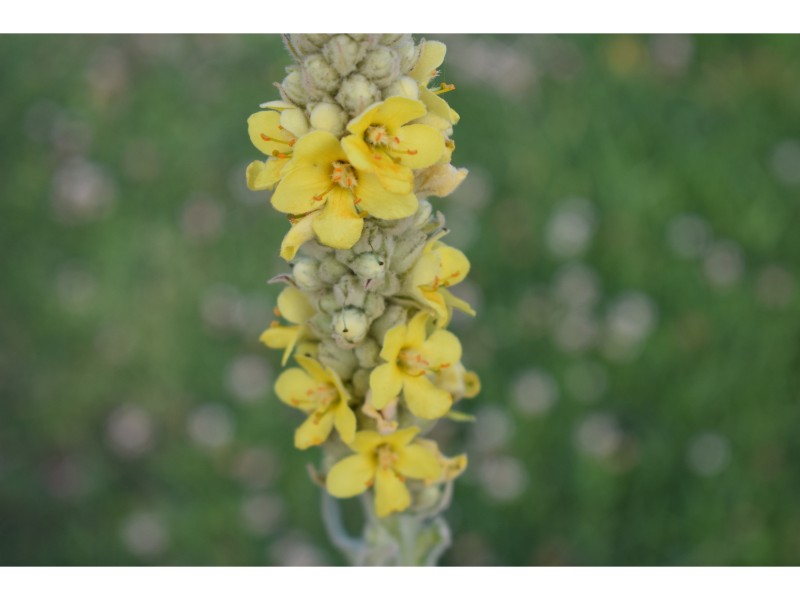
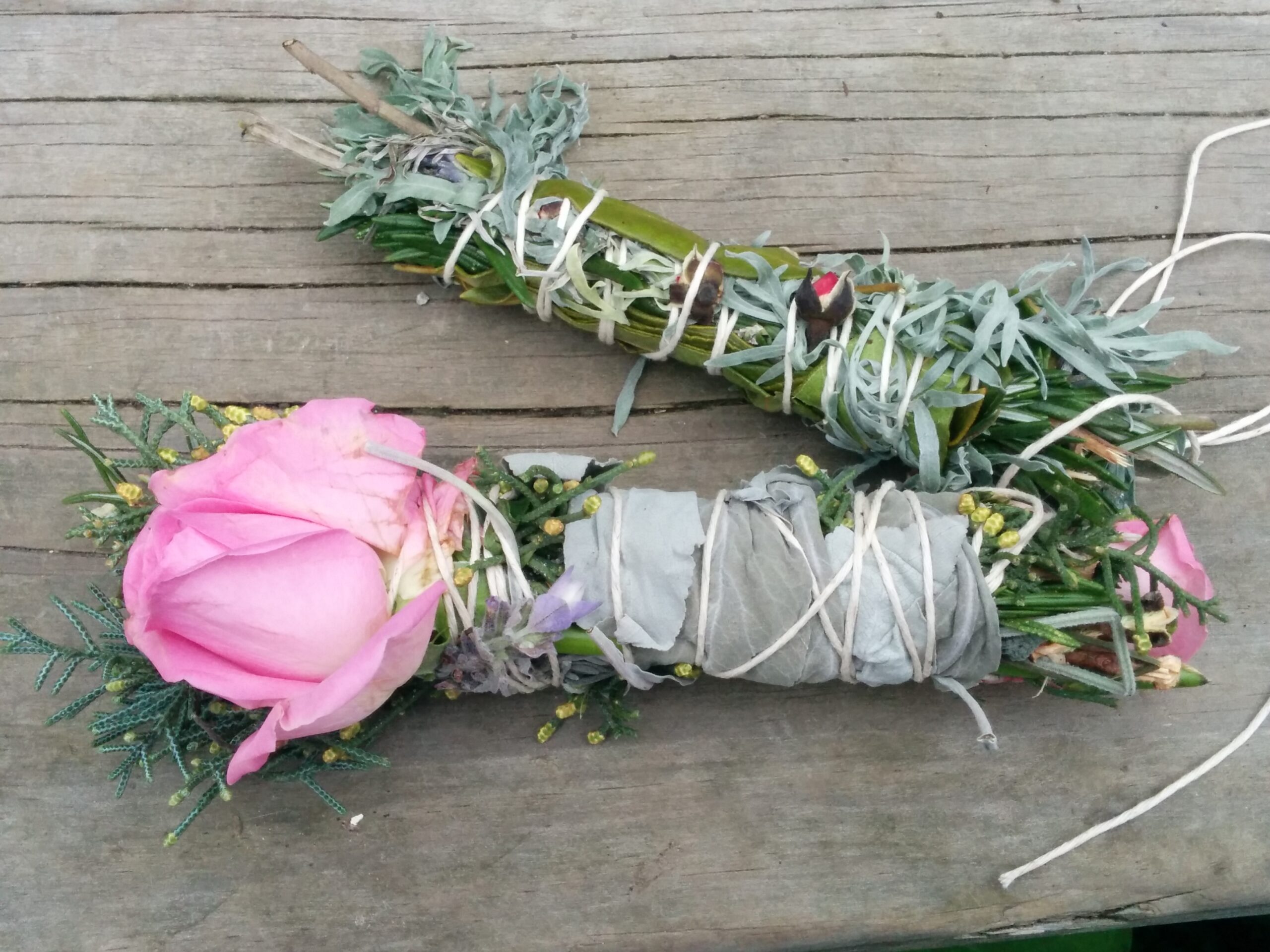
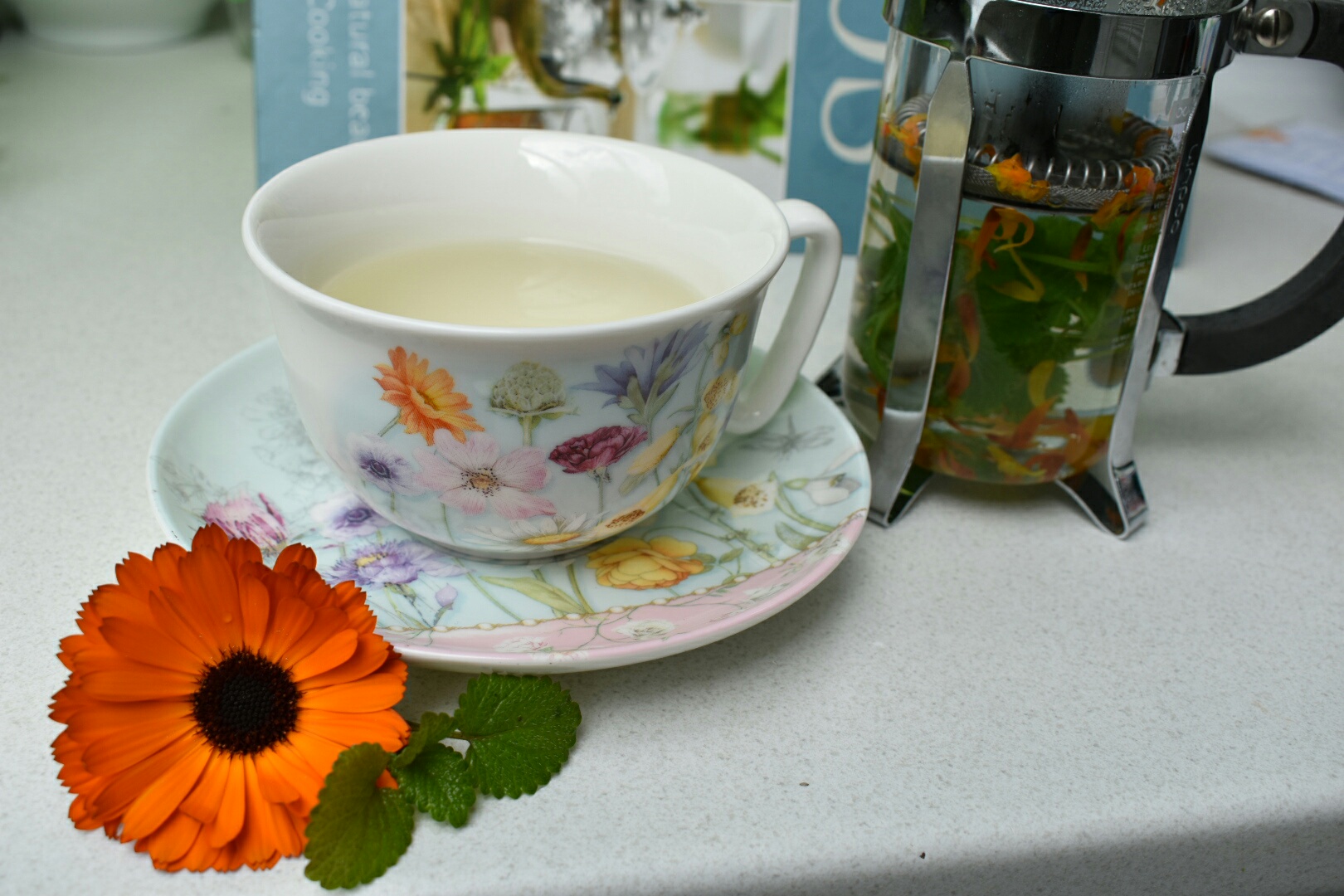
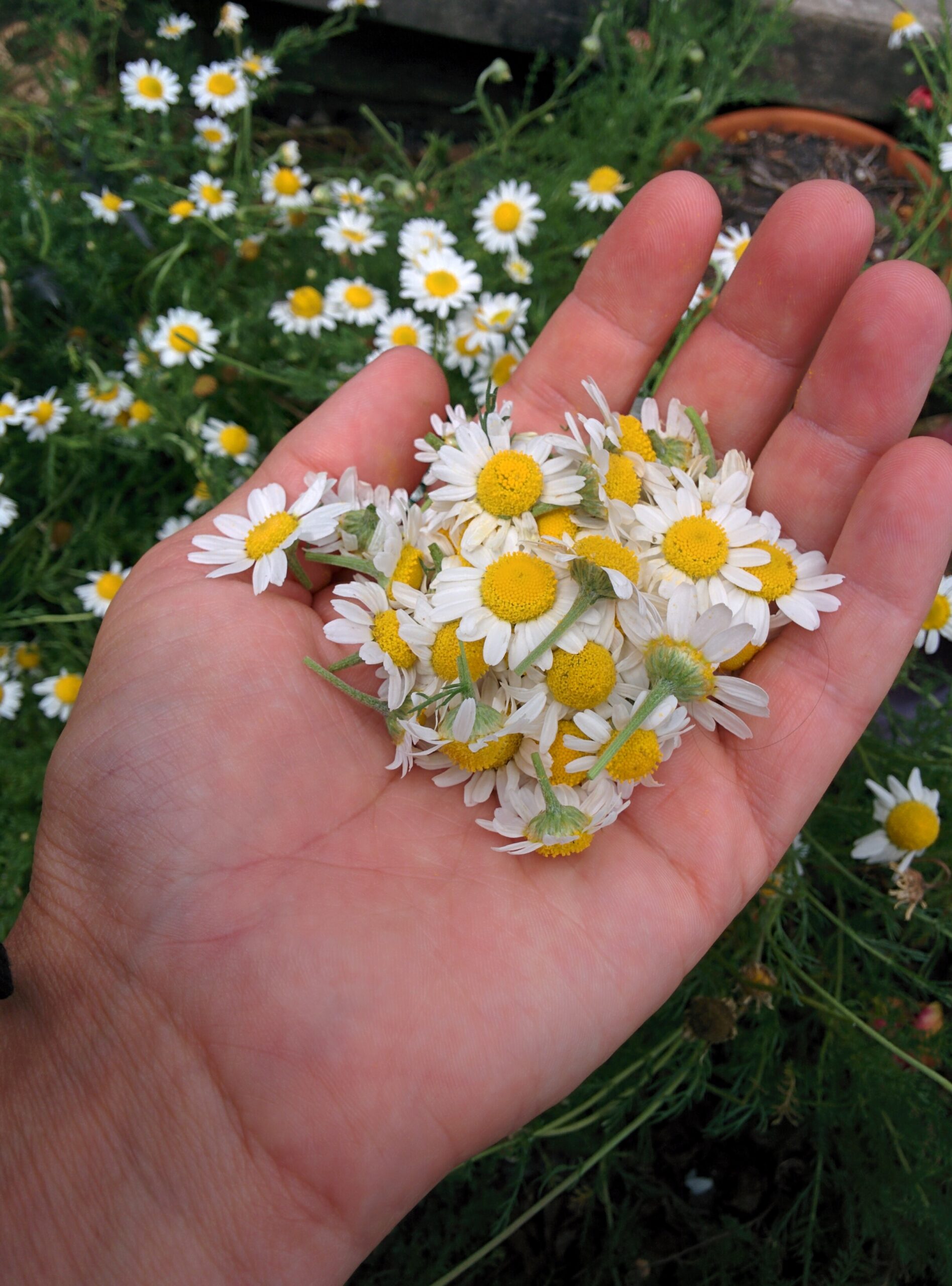
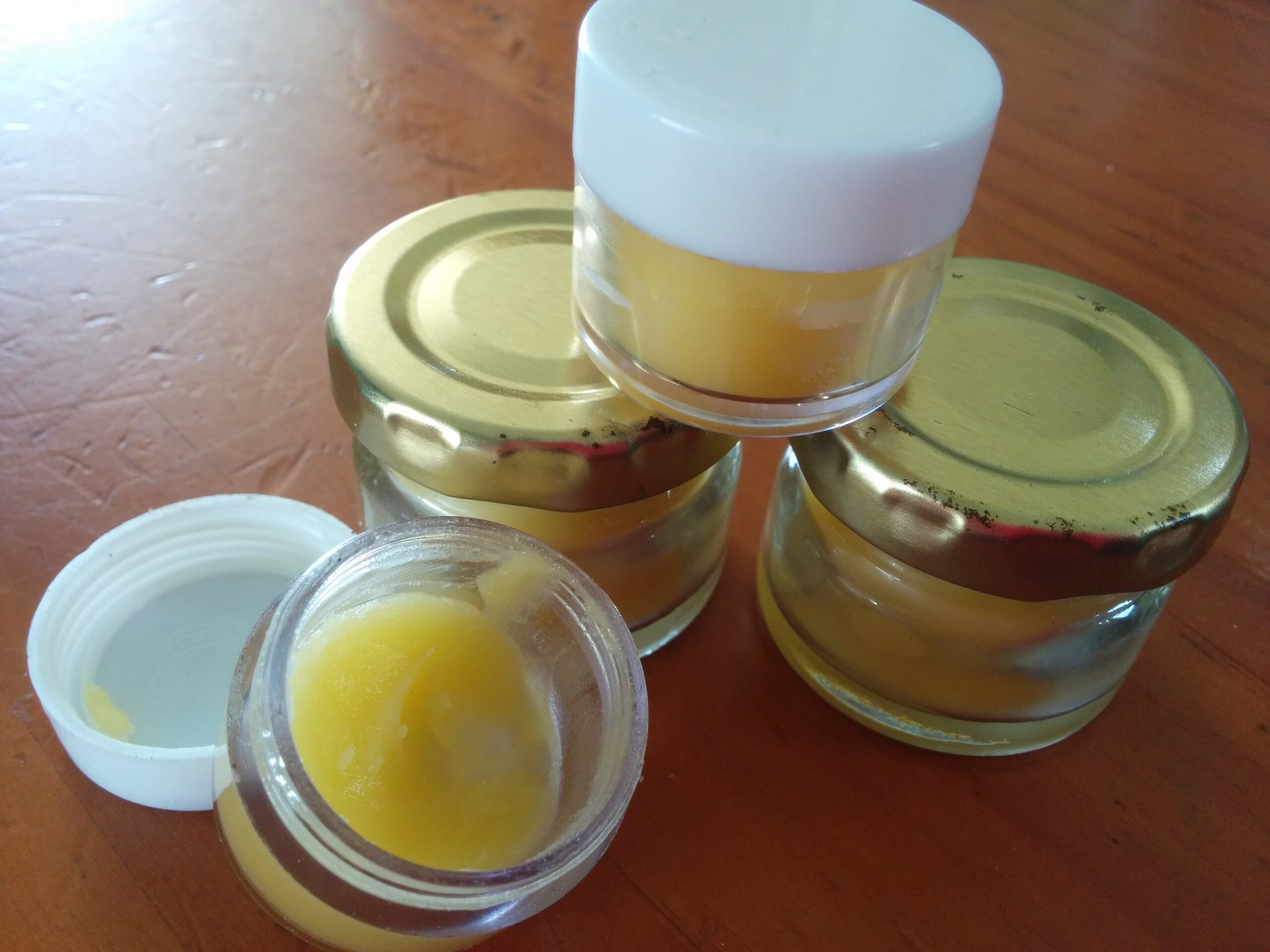
So much more
It is for this reason I think of herbs as magical plants. Not only are they beautiful in the garden – and they sure can hold a candle to any aesthetic plant in even the most fussy show garden – but they bring something more – to me they spark absolute joy when you are able to harvest them and bring them INTO your home, make them a part of you and your family through enjoying them as a food or using them as a healing agent, a cosmetic or even just a happy craft.
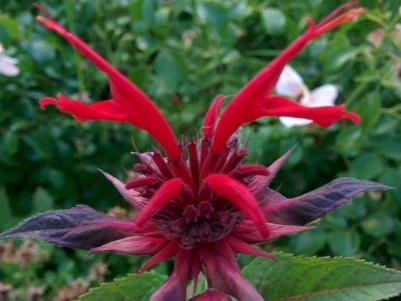
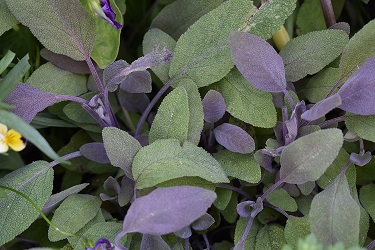
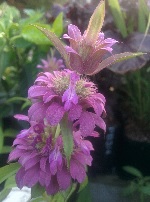
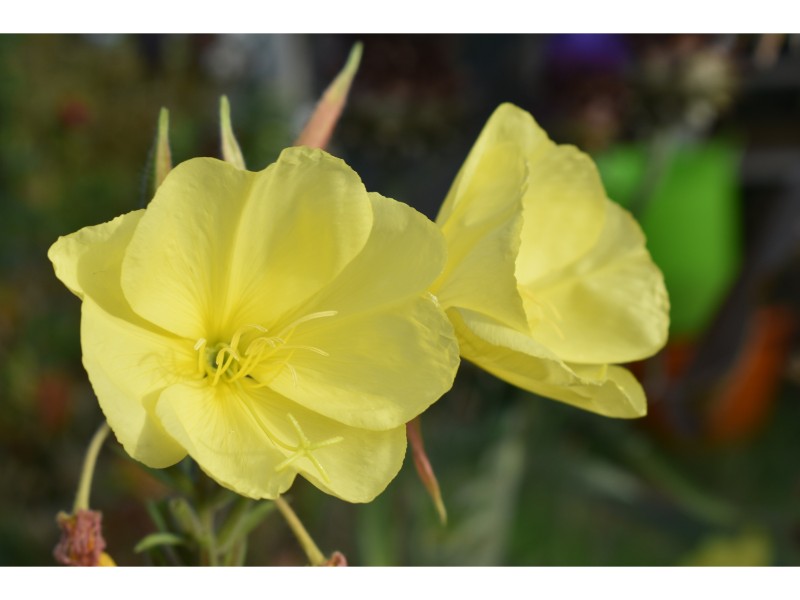
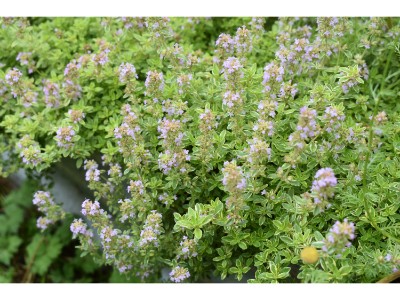
Ikigai
 When I started out my journey with herbs – when I was only 10 years old – I mainly bought fresh and dried plant material to make my teas, potions and lotions, and while I enjoyed it tremendously, it was only when I started growing my own plants, that the world of herbs became my ikigai – a Japanese term which loosely translates to life’s work, or the reason to get up in the morning.
When I started out my journey with herbs – when I was only 10 years old – I mainly bought fresh and dried plant material to make my teas, potions and lotions, and while I enjoyed it tremendously, it was only when I started growing my own plants, that the world of herbs became my ikigai – a Japanese term which loosely translates to life’s work, or the reason to get up in the morning.
Suddenly there was another dimension to the healing that the herbs brought – in cultivating them and working the soil, I slowed down and connected with Mother Nature and her rhythms again and filling up on much needed vitamin N (Nature). Something I think is severely lacking in our daily diets – and especially that of our children (read: Last Child in the Woods)
A new Mission
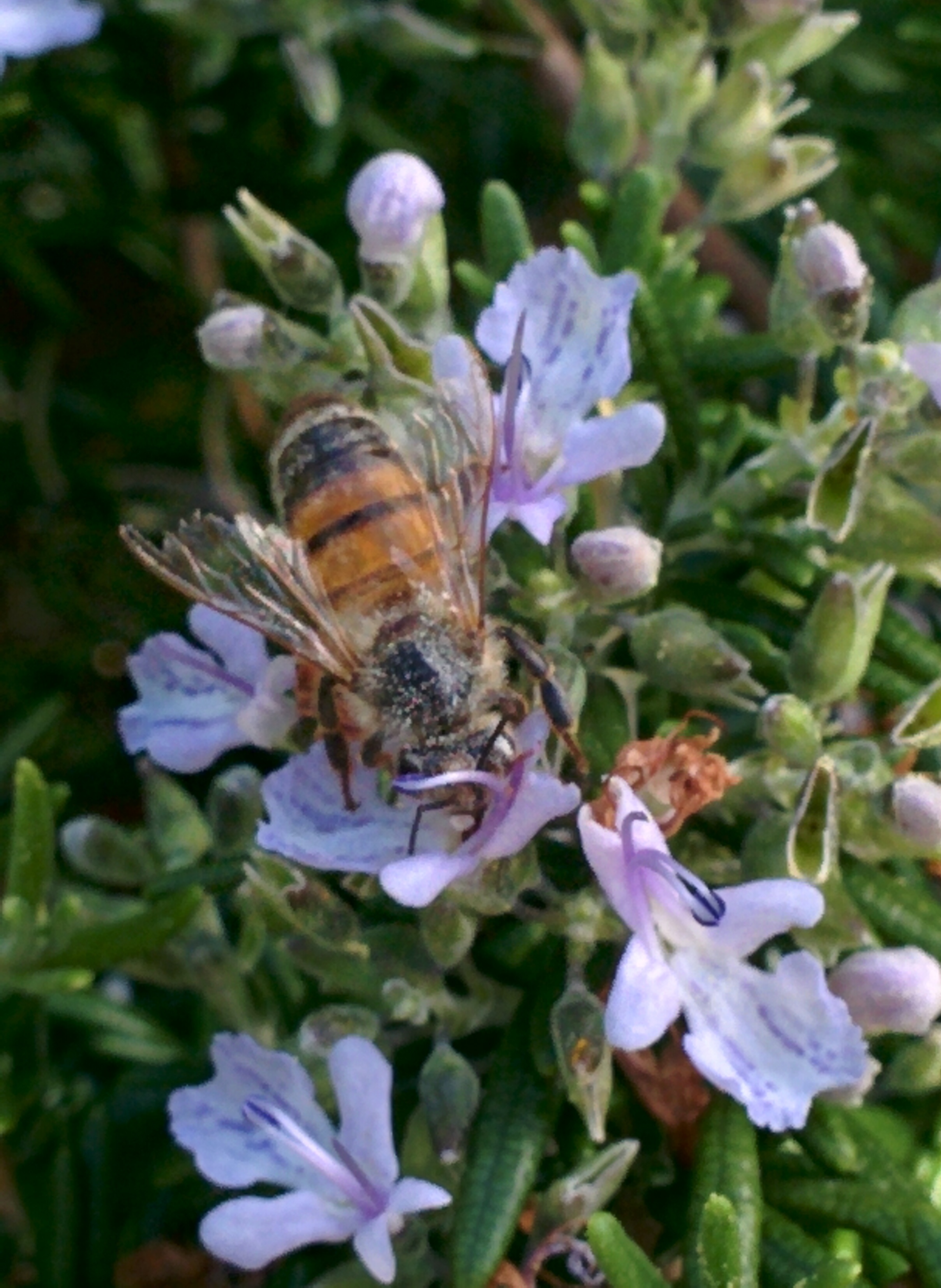 While I’ve always been a bit of a greenie – loving nature and wildlife, the time spent in learning about growing herbs – and by then as much of my own fresh produce as I could fit in my small space, opened my eyes to the horrors of modern mass cultivating, poisoning us and the planet for profit. It became clear that, for most part, humanity had started thinking of themselves as apart from nature, exalted above it, to rule over it, and had forgotten completely that we are in actual fact only a part of it, and that what is done to nature is done to ourselves…
While I’ve always been a bit of a greenie – loving nature and wildlife, the time spent in learning about growing herbs – and by then as much of my own fresh produce as I could fit in my small space, opened my eyes to the horrors of modern mass cultivating, poisoning us and the planet for profit. It became clear that, for most part, humanity had started thinking of themselves as apart from nature, exalted above it, to rule over it, and had forgotten completely that we are in actual fact only a part of it, and that what is done to nature is done to ourselves…
It became a bit of a mission of mine to, besides teaching people as much about the healing and nutritive actions of herbs, to inspire them to, even in the smallest of gardens, to work in harmony with nature to bring a balance that will result not only in an abundance of nutrient dense food plants, but a sense of self, community and global well-being. Creating gardens that are ALIVE will keep us living.
You may think it makes no difference. But it does. Each small action done by many individuals will bring forth great change. History has shown this to be true.
Top Tips
So, clearly I’m a proponent of all those beautiful words – regenerative, sustainable, natural, organic, spray-free, bio-dynamic, permaculture, and so on. But don’t let labels put you out, in reality it doesn’t need to be difficult – just love your bit of earth and garden – even if it is just a pot plant on your windowsill – and consider each and every input for the output you expect.
I’m privileged to be here tonight, among many great people, to share with you a few tips on how to do this.
1. Soil is the answer. Always.
It is all about the soil. Not the plants. Many years of gardening, lots of mistakes, and great deals of money spent have taught me that the best start (and middle and end) to any garden is the soil. Create a LIVING SOIL and you are more than halfway to the finish line of great gardening success.
The soil should teem with worms, crawly insects and even sleeping grubs when you dig your spade in. And when you look at a bit of your dirt under a microscope, you should be astounded by the number of fungi and microbiotics that make their home in the soil.
Dead soil is dead. It takes too much time, money and effort to have enough (unnatural) input to grow anything in there, and then it probably, even if the plant may look good, has not real nutrient values to speak of. It takes time, but soil can be revived, for the most part.
Most of us are lucky enough to not have dead-beyond-help gardens or soils. How can you improve on that?
- Compost – what a beautiful closed-loop system composting is! You eat your produce, take the leftovers and chuck ’em into the compost bin, which creates gorgeous hummus for your food plants to grow in, from which you harvest new produce to eat. And you keep things from the landfills too, which is always a good idea.
- If you can’t compost because you don’t have the space, try a worm farming – many commercial palces sell quaint little kits, or you can make your own.
- You heard Verity speak about kombucha and kefir and how these are good for the gut microbes – let me introduce you to Bokashi, which is a fermenting method that turns food scraps into a valuable source of effective microorganisms which is great for the soil and the soil fauna.

2. Grow what you use.
I’m often asked by new gardeners what to plant. The answer is so simple – plant what YOU eat, what you enjoy. You will have more passion to put time and effort into a plant that you are going to find pleasure in eating or using. There is honestly something purely ecstatic almost in picking stuff you grew and eating it.
Do be a bit daring though too! I always challenge everyone to add one new thing that they’ve never grown or eaten in a season to their plant list. You never know, you may just find your next favourite food! At the very least you are expanding your plant and gardening knowledge, and perhaps even your cross-cultural understanding too!

3. KISSS - Keep. It. Simple. Start. Small.
I know from experience right, the thrill of having your first success in the garden, and suddenly you want to plant up every square inch of soil, convert your whole deck to a potted garden, and hang a thousand baskets from your veranda. Good ambition! But truthfully, I’m going to say “Woah! Take it easy there!”. Grow slowly and surely, as your confidence levels increase, your garden space and complexity can increase. But don’t overdo it and find that all the pleasure has been sucked out of endless gardening chores… It should be fun. Keep it simple so it stays your happy place.
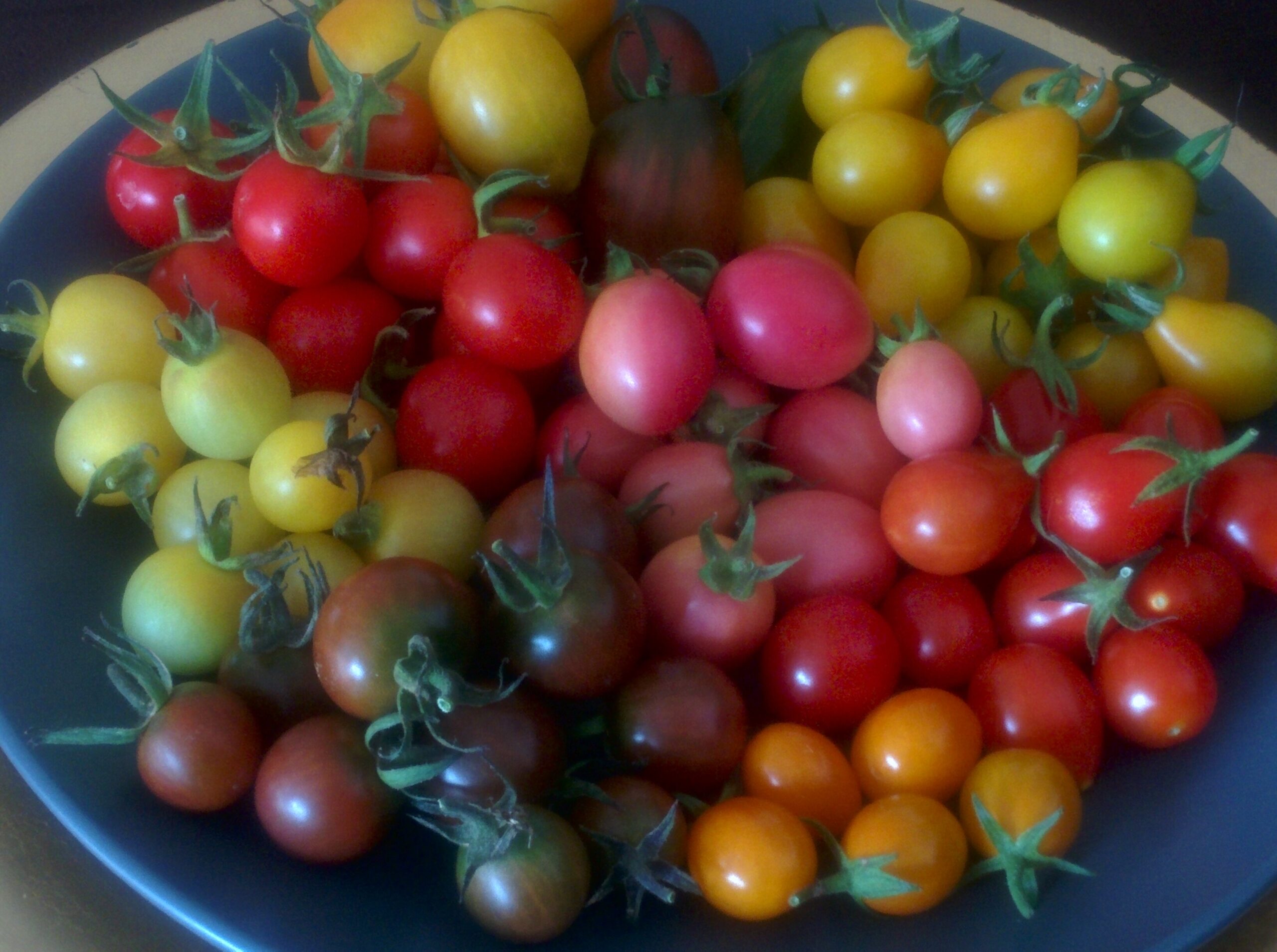
4. Be space savvy.
Flowing from starting small and keeping it simple, is being space savvy. Even if you live in a one-bedroom apartment, I’m sure you can find a spot to put a herb plant, or a potted vegetable, or a fruit tree even! Vertical space is often overlooked, but you can grow quite a bit if you’re willing to go upwards. Pots are fantastic for most herbs and even vegetables do well in potted culture. Be creative. Grow something. Somewhere.
When we first moved from South Africa, my first rental only had a little balcony – and on this balcony, with almost no budget to spare at all on gardens, I managed to grow around 20 herbs in cut-up milk bottles.
Be wary too of the little plant starts you buy at garden centers – sometimes the tiny plant you buy can grow into a huge monstrosity – take Angelica for example – often sold as a seedling in 10cm pots to quickly grow to over 2m tall and wide!
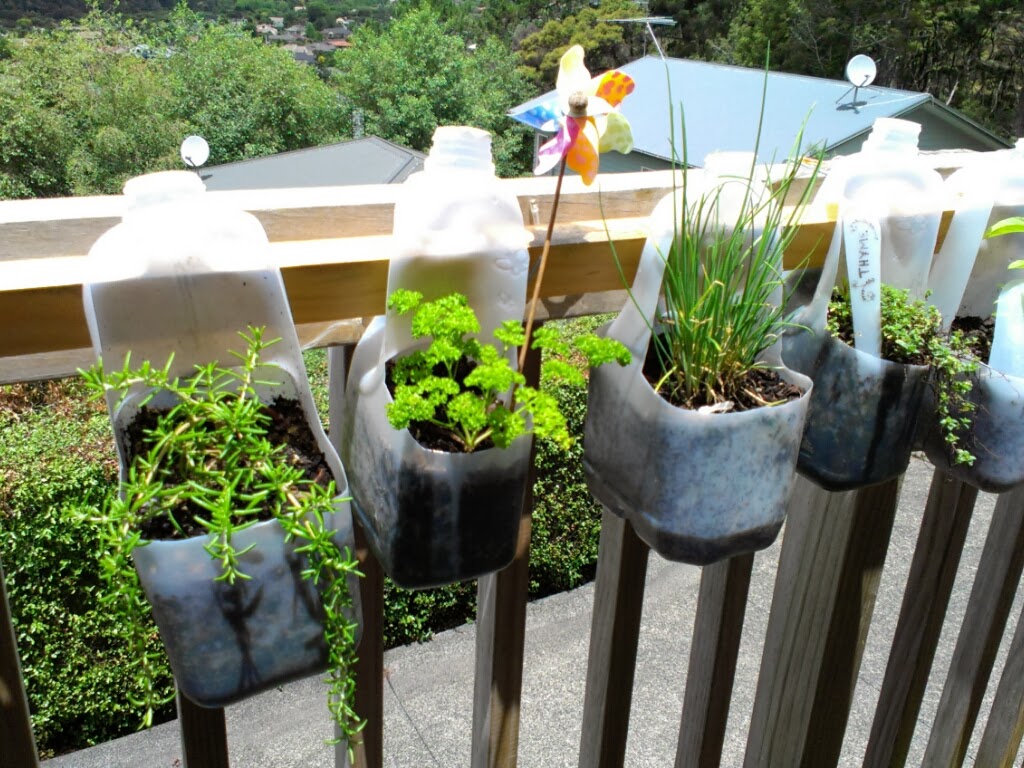
5. Companion Plant.
Looking at nature, you don’t often, if at all, see mono-cultured crops growing in neat rows – rather there’s a whole little ecosystem of plants growing together, creating a beautiful mass of productivity and LIFE! One way to achieve a do-able imitation of that in the home garden is to companion plant – don’t only grow vegetables, but grow herbs around them, and flowers in between them. Grow annuals, shrubs, vines, creepers and trees. This way you can have more than one plant producing in a very small bit of space, you provide safe haven for critters that deal to pests and feed your soil, and can even plant herbs specifically to deter problem insects, bring pollinators such as bees and butterflies, release nutrients into the soil, and be pleasing to the eye.
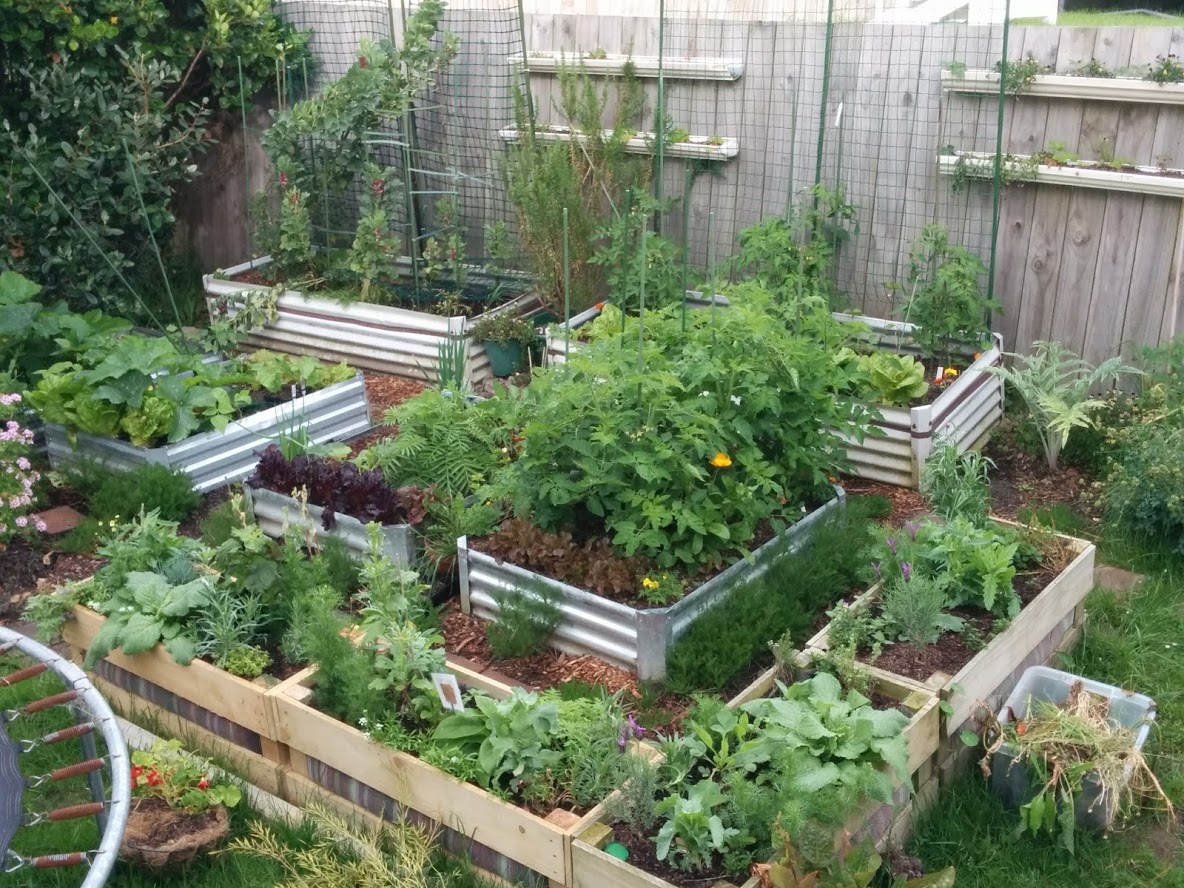
Most importantly of all, don’t forget to actually USE your herbs! There’s so many wonderful ways to make them part of your life!

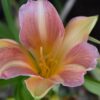
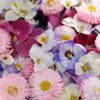
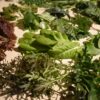
1 Comment
Excellent and detailed paper. I like all the recommendation specifically the one about soil. I always had a policy for my Gardening. NEVER PUT A 100 DOLLAR PLANT IN A 2 DOLLAR HOLE! WELL DONE MINETTE.